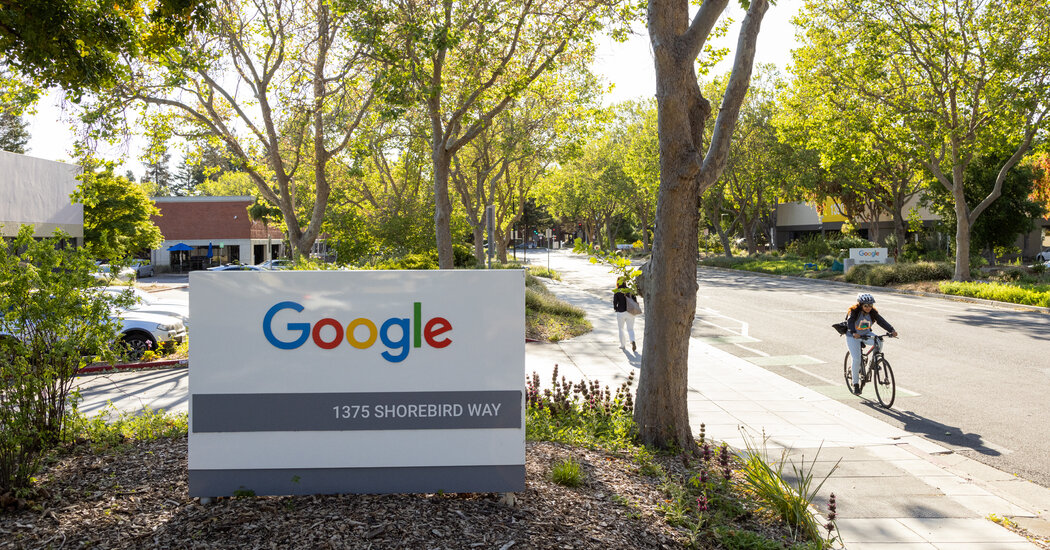Wiz’s chief executive said the company walked away from a “humbling offer” and would pursue an initial public offering instead.
Last week, it looked like Google was poised to snap up the cybersecurity start-up Wiz for $23 billion, in what would have been its largest acquisition ever.
On Monday night, Wiz told its employees that despite the large offer, the deal was off. The privately held company would instead pursue a public listing on a stock exchange, according to a memo viewed by The New York Times.
Wiz would continue to pursue its previously stated goal of generating $1 billion in recurring revenue ahead of an initial public offering, Assaf Rappaport, Wiz’s chief executive, wrote in the memo.
“While we are flattered by offers we have received, we have chosen to continue on our path to building Wiz,” he wrote. “Saying no to such humbling offers is tough, but with our exceptional team, I feel confident in making that choice.”
Google did not immediately respond to a request for comment. A representative of Wiz declined to comment. CNBC and Fortune reported contents of the memo earlier on Monday.
If it had been completed, the splashy purchase would have injected fresh momentum into Google’s cloud-computing division and helped the company keep up with longtime rival Microsoft in cybersecurity. A growing number of businesses rely on Wiz to protect their cloud applications.
Google has never cut a check so large to buy another company, let alone a four-year-old start-up like Wiz. Its biggest deal was a $12.5 billion purchase of Motorola Mobility in 2012, a company that it sold at a loss just a couple years later.
This time around, the regulatory hurdles appeared steep.
Google has had a testy relationship with U.S. regulators recently, with the Justice Department suing it in two separate antitrust cases meant to strike at Google’s market power. One is targeting its ubiquitous search engine and another is seeking to break up its digital advertising-technology business. A verdict in the search case is expected this summer.
Regulators under President Biden have taken a hard line against corporate consolidation. The Federal Trade Commission unsuccessfully sued to block Microsoft’s acquisition of the video game company Activision, and Amazon abandoned its $1.7 billion acquisition of iRobot after pushback from American and European regulators.
A government review of a multibillion-dollar acquisition could take more than a year and sap a company of its momentum. That would be precious time for Wiz, which has consistently touted its fast growth. The company said earlier this year that it generated more than $350 million in annualized revenue, up from $100 million two years earlier.
Mr. Rappaport said in his memo that all of the attention the company had gotten since news emerged of a possible Google acquisition had emboldened him to keep building a platform independently.
“The market validation we have experienced following this news only reinforces our goal,” he wrote, of “creating a platform that both security and development teams love.”
